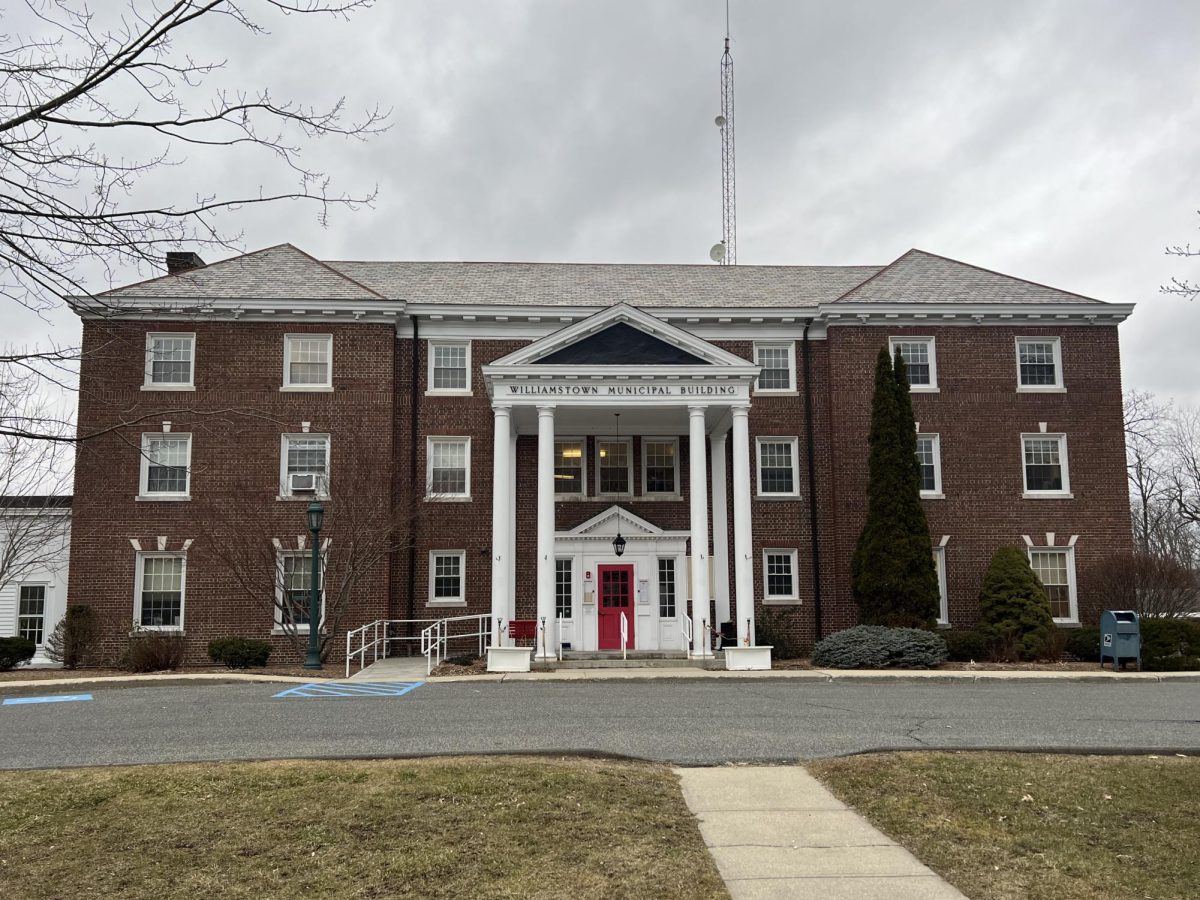At its annual tax classification hearing on Sept. 11, the Williamstown Select Board voted unanimously not to adopt the residential tax exemption (RTE) proposed by recently elected Select Board member Stephanie Boyd.
The RTE, a provision of state law that municipalities can opt into, aims to shift the tax burden toward the owners of more expensive properties, second homes, and rental properties. The RTE, Boyd noted to the Record, is one of few levers available to municipalities to adjust property taxes, which are largely controlled by the state.
The mechanism of the RTE allows municipalities to exempt up to 35 percent of the value of owner-occupied homes from property tax and compensates for the exemption by raising rates across the board. In effect, the measure raises tax bills for the owners of more expensive properties and lowers them for the owners of less expensive ones, while keeping government revenue the same. Second homes, vacant properties, and residences rented to a tenant are not eligible for the exemption under the RTE, so they would be taxed at higher rates if the RTE had been enacted.
“Our taxes aren’t as fair as we’d like them to be,” Boyd told the Record in an interview before the meeting, noting that lower-income homeowners tend to pay a higher percentage of their income in property taxes.
At the hearing, the RTE attracted criticism from Select Board members Andrew Hogeland ’76 and Jane Patton, who both viewed it as insufficiently precise in its targeting towards low-income homeowners.
Though Boyd was the RTE’s chief proponent, she seconded the motion not to implement the RTE this year. “I think we can hear in this room that there’s pretty much a consensus that we’re not ready [to adopt the RTE],” she said. “We should be in a better place to pass this at next year’s meeting.”
Select Board Chair Jeffrey Johnson, who said that he found the quantity and occasional spottiness of the data supporting each side of the debate overwhelming, also called for the Select Board to postpone further consideration of the RTE until next year. “Personally, I think there’s too much information out there,” he said. “[T]he numbers are screwy. The average citizen is saying, ‘What the hell is going on right now?’”
Under the parameters ultimately approved by the Select Board, all properties in the Town will be taxed at a flat rate of roughly 1.52 percent this fiscal year. Under the proposed RTE, which in presentations given by Boyd used a 10 percent exemption value, homes below the “breakeven point” — which Boyd has estimated to be at $655,723 in assessed value — would have paid less than the 1.52 percent rate, with homes above the breakeven point paying more. Total tax revenue would have remained the same, so spending would not have been impacted.
The Select Board also unanimously decided to continue taxing commercial and residential properties at the same rate as last year, as well as to not implement two provisions of state property tax law: discount and a small commercial exemption.
At the Sept. 11 hearing, some of Boyd’s colleagues on the Select Board articulated concerns about the fairness of the RTE.
Hogeland criticized it for focusing on property values — rather than the socioeconomic status of the taxpayer themself — as a measure of eligibility for tax relief. “Although it does help people who need help, it helps a lot of people who don’t need help, doesn’t help people who do need help, and puts upward pressure on rents,” he said. “The goal is to find an approach to property tax reform which is means tested, which means focusing your attention on people with lower incomes and lower [levels of] assets.”
Hogeland also expressed worry that the RTE may hurt taxpayers by making them ineligible for other tax relief measures at the state level. He proposed adopting other tax relief programs allowed by the state in lieu of the RTE, including lowering or removing the age limit on a property tax exemption program for low-income seniors and exempting low-income taxpayers from Community Preservation Act levies.
Patton expressed similar concerns as Hogeland. “I am extremely committed to the idea of helping folks who need help … but doing it in a way that is very targeted and focused,” she said. “I don’t believe that the RTE accomplishes that goal.”
Other members of the Select Board also expressed uncertainty and confusion during the hearing.
Johnson argued that the Select Board was not prepared to make an informed decision regarding the RTE, referencing inaccurate information on the Department of Revenue’s website that has since been removed. “I just don’t believe that, right here, with the information I have, this is something I want to move forward with,” he said.
Despite the controversy, Select Board members left open the possibility of adopting the RTE at next year’s tax classification hearing. Select Board member Randal Fippinger expressed openness to implementing the RTE, even though he voted not to adopt it this year, proposing public hearings and a “blended solution” perhaps encompassing an RTE alongside means tested measures like the ones Hogeland proposed.
“I do believe that we [should] continue to look at this,” Johnson said.









